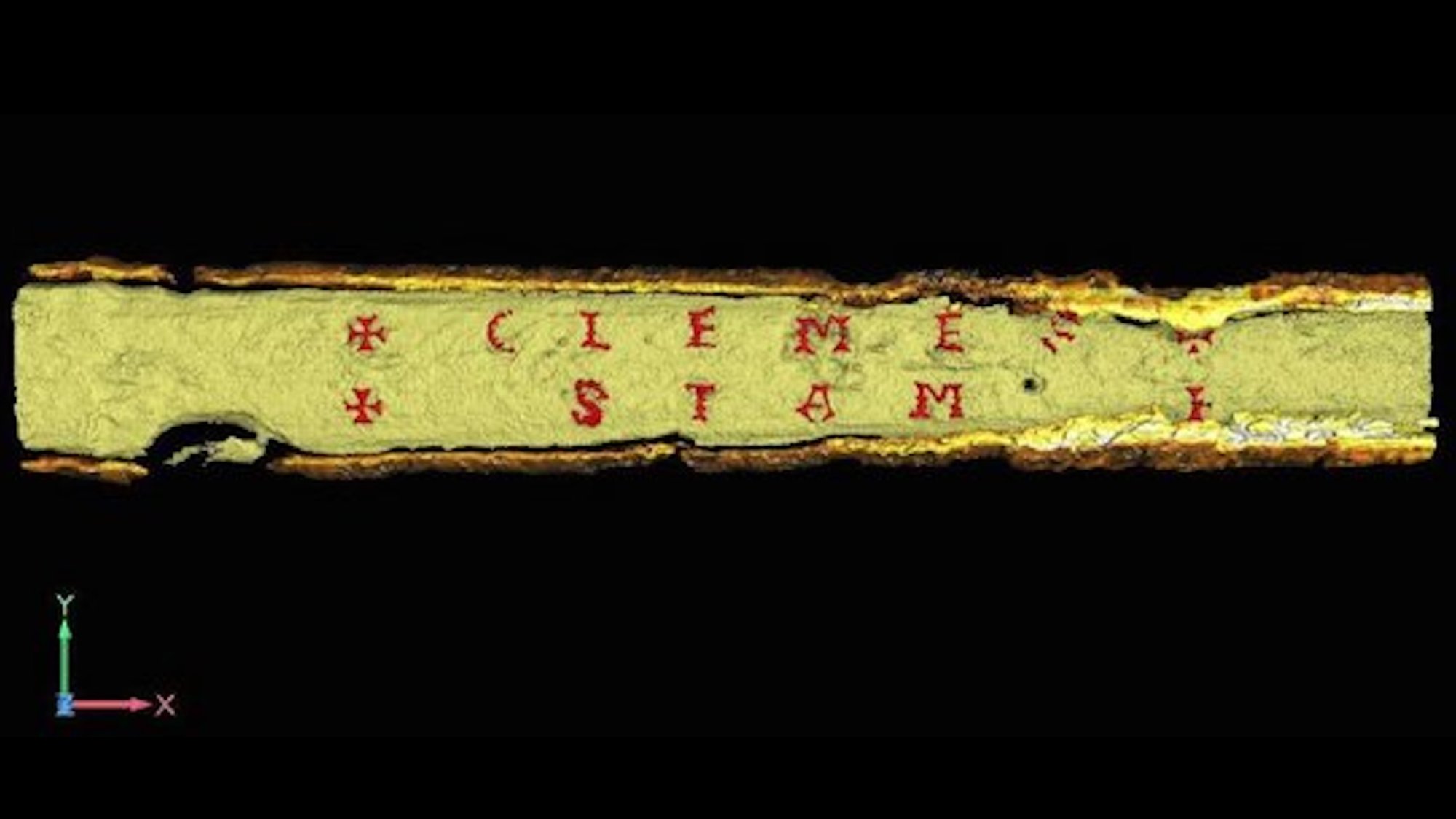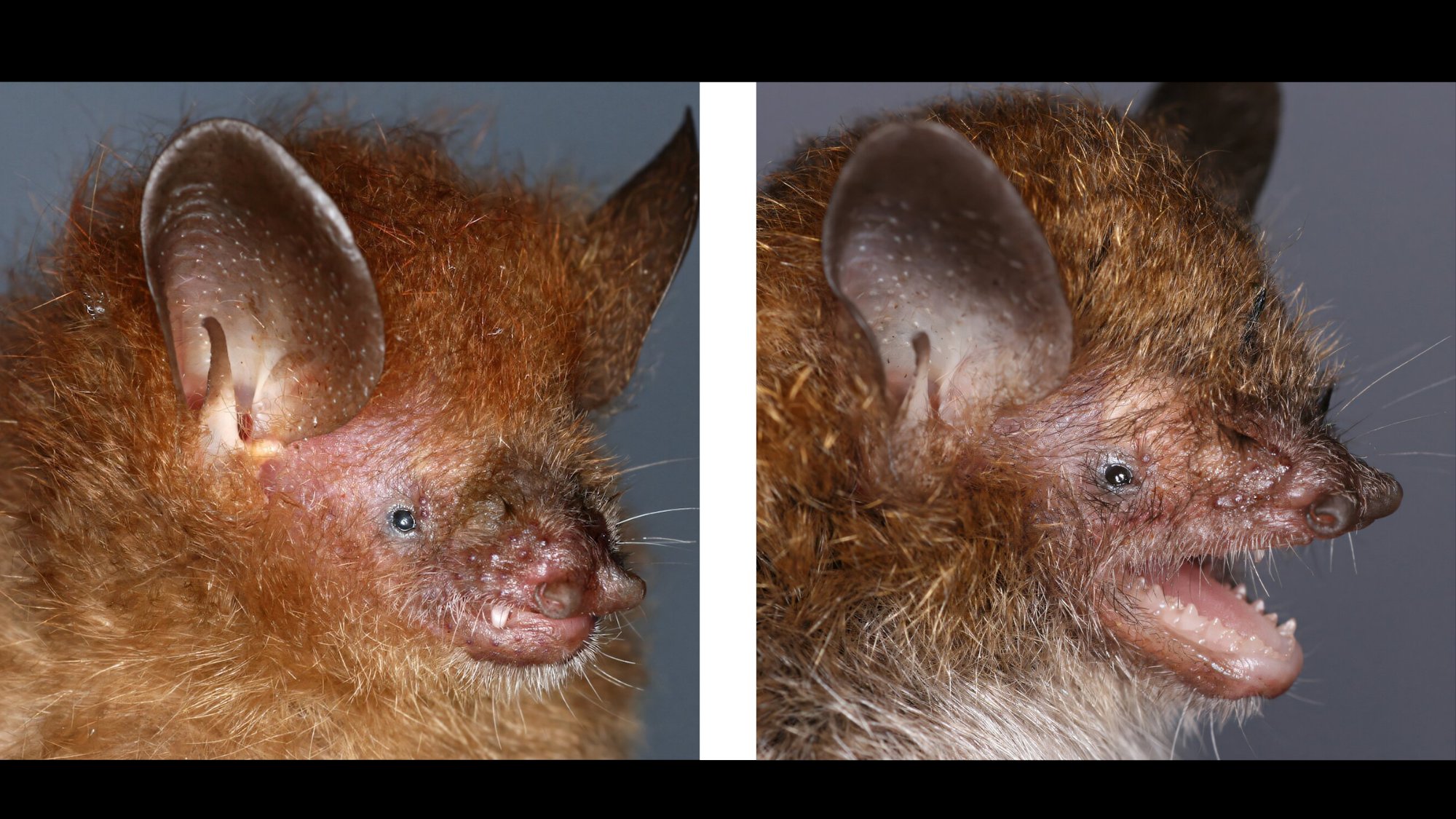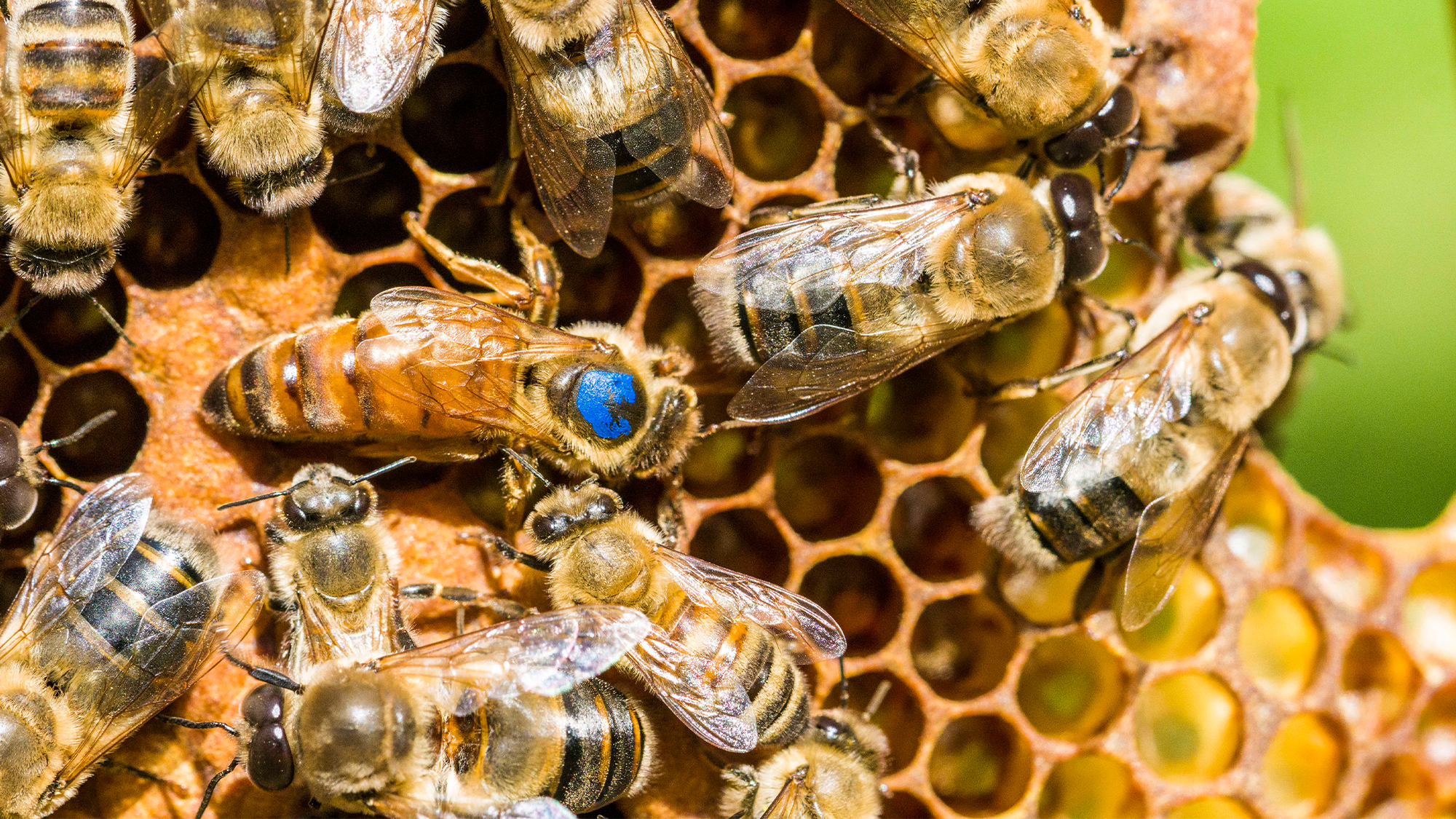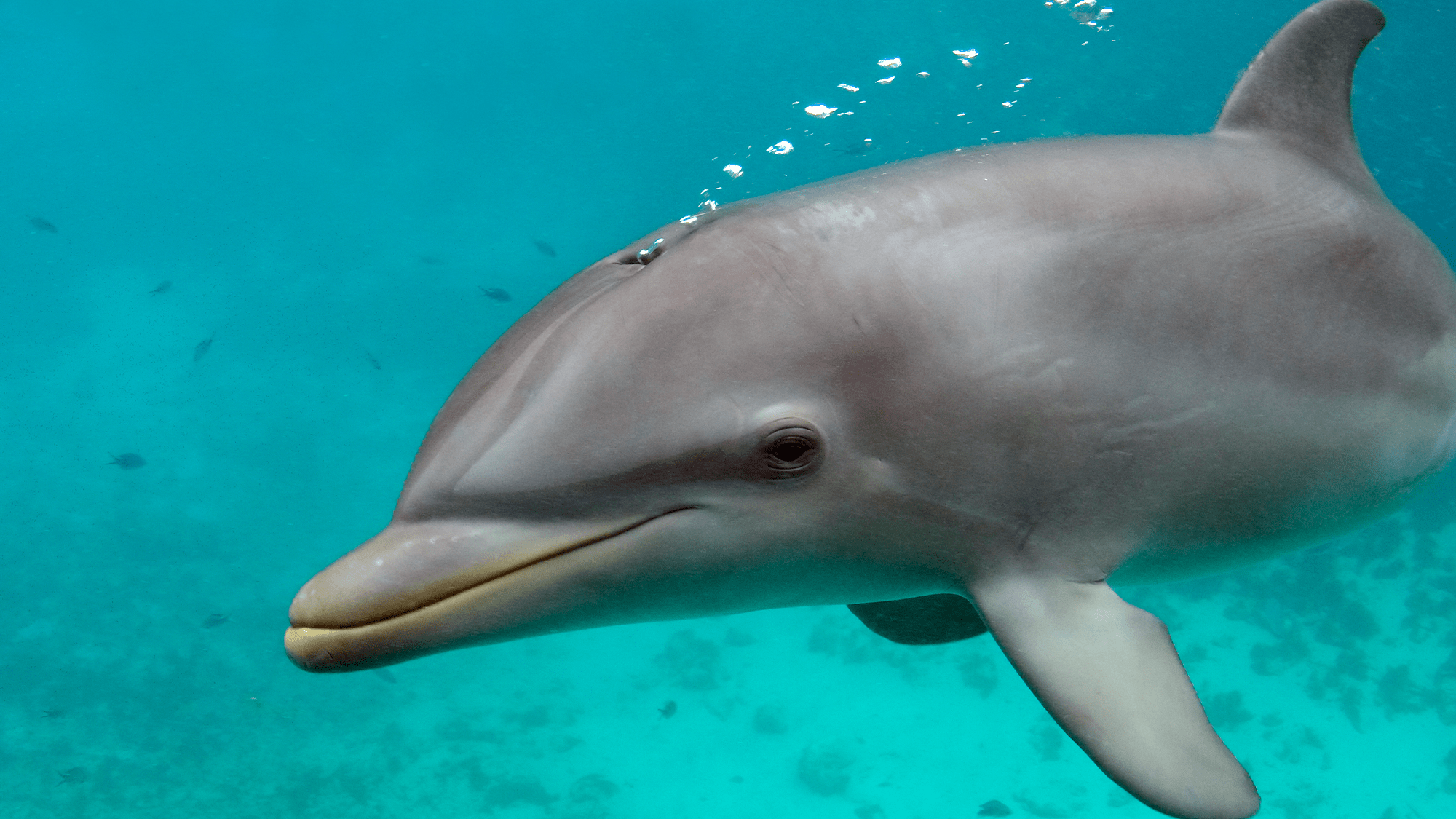Endangered North Atlantic right whales are making a slow comeback
PositiveScience
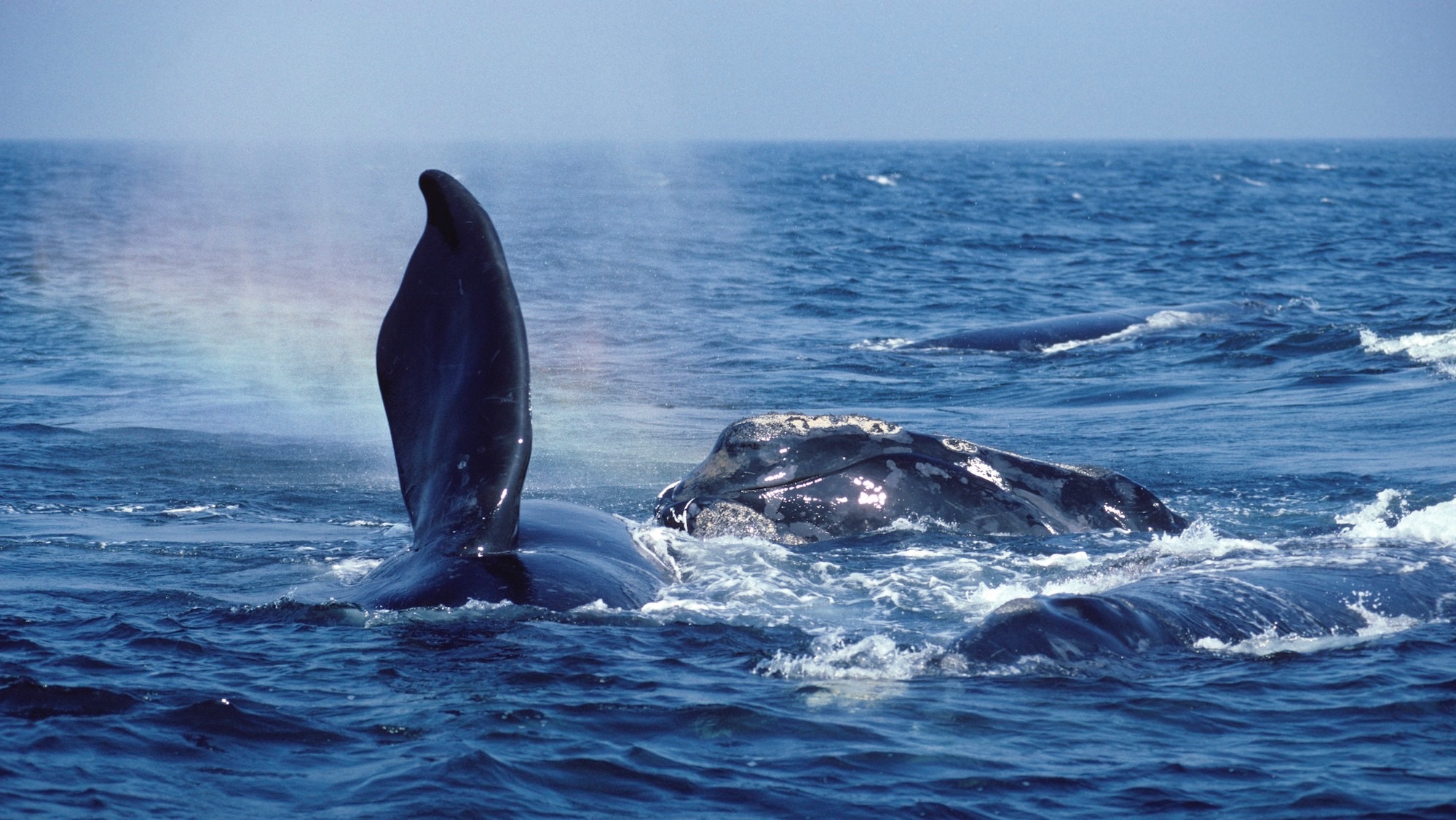
The North Atlantic right whale, once on the brink of extinction, is showing signs of a slow but hopeful recovery, according to researchers who are cautiously optimistic about the species' future. This news is significant as it highlights the effectiveness of conservation efforts and raises awareness about the importance of protecting endangered species, reminding us that positive change is possible when we commit to environmental stewardship.
— Curated by the World Pulse Now AI Editorial System
